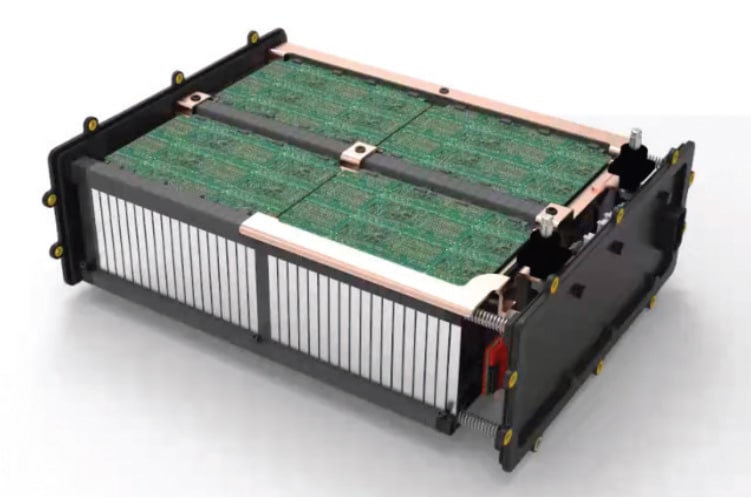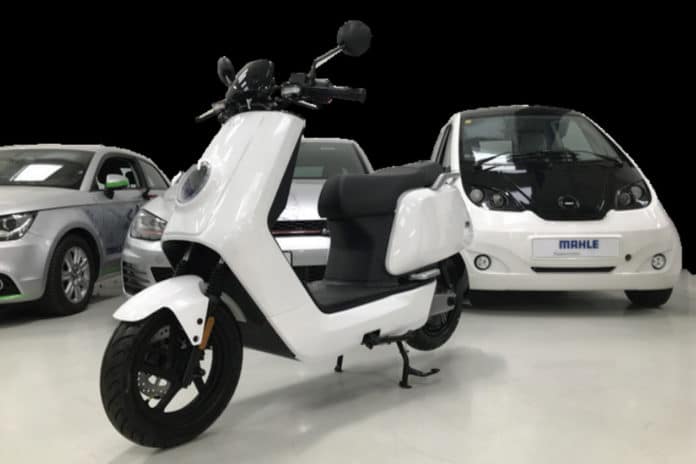One of the main challenges to be overcome by electric mobility is the excessively long recharging times of car batteries. Range anxiety is often cited as the main obstacle to adopting electric vehicles, but if the battery can be recharged at the same time as refueling a conventional combustion IC engine vehicle, much of that worry goes away.
With this in mind, a German developer MAHLE Powertrain and the battery-maker, Allotrope Energy, have unveiled a new battery technology that offers ultra-fast recharging coupled with good power density.
The duo’s new lithium-carbon (Li-C) technology combines the benefits of supercapacitors and traditional lithium-ion batteries, which offer fast-charging rates of up to 20 kW. The new technology enables a full charge to be delivered in a similar time to refueling an internal combustion-powered vehicle. Additionally, lithium-carbon cells are free from rare-earth metals, are fully recyclable, and are not susceptible to runaway events.

“With the rise of the on-demand economy, there’s been a rapid increase in the use of petrol-powered mopeds for urban deliveries such as takeaway meals, and this has contributed to air quality issues in our cities,” said Dr. Mike Bassett, MAHLE Powertrain’s Head of Research. “Decarbonising these deliveries has so far proved difficult without maintaining a stock of expensive interchangeable batteries or switching to a larger, heavier electric vehicle with increased energy consumption.”
As a part of the project, MAHLE Powertrain investigated the scenario of a city-based e-moped fast-food delivery service with a 25 km target range. A 500 Wh conventional lithium-ion battery would require a recharge mid-shift that, even with a fast-charger, would take more than 30 minutes. In addition, regular fast charging reduces battery life to the point it would likely need replacement every year or two.
A lithium-carbon pack, however, could be recharged at 20 kW in as little as 90 seconds thanks to its ultra-fast charging rate, meaning a full charge could be achieved in the time taken for the next delivery to be collected.
“With ultra-fast charging, the size of the battery can be optimized to suit the scenarios the vehicle will be used in, and that leads not only to weight savings but also cost reductions that further lower the barriers to decarbonization,” Bassett pointed out. “The real challenge came in designing the electrical architecture capable of absorbing such high rates of charge. Additionally, with no suitable charging systems on the market that can deliver these charge rates from a domestic supply, we created our own bespoke design.”
MAHLE Powertrain’s Dr. Mike Bassett presented the breakthrough battery technology at Cenex-LCV2021 in the UK this week.
